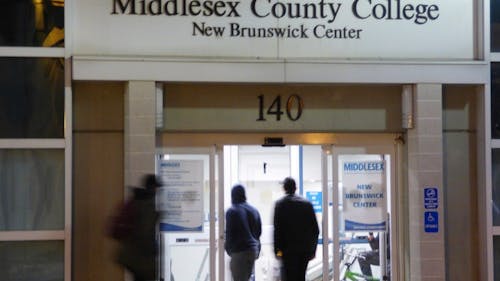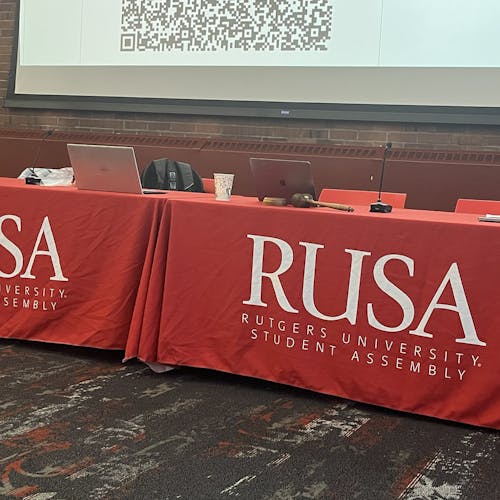State senators reveal plan for students to spend less on higher education

In a state with the fourth-highest tuition rates in the nation, higher education may not be within reach for everyone. Throughout the next four years, post-secondary education will be required for 68 percent of New Jersey jobs.
According to a report conducted by the College Affordability Study Commission, New Jersey Sen. Sweeney (D-3) and Cunningham (D-31) proposed multiple new ideas to lower the cost of tuition in-state.
The task force found that the state and higher education community must create more common-sense policies that guide students to their college degree more quickly while improving financial literacy among students.
Their main proposition included what they call a "Three Plus One" plan.
If enacted, the plan would allow students to complete three years of schooling at a county college and then obtain a degree from a senior higher education institution after an additional year for the price of the county college.
David Hughes, president of Rutgers American Association of University Professors—American Federation of Teachers (AAUP-AFT), said the "Three Plus One" plan would be “selling a bill of goods to the students.”
“This Three Plus One plan would throw into doubt the credibility of a Rutgers degree,” Hughes said. “If a graduate is in a situation where only 30 of their credits actually came from Rutgers, employers are going to start to look more carefully at Rutgers transfers.”
Hughes said he is concerned about the notion of making credits from community college courses equivalent to that of a four-year university like Rutgers.
“If the plan actually succeeded, you would end up with universities and colleges that were all the same with one another and that did not take advantage of the particular strengths of the faculty and that did not take advantage of the educational possibilities offered by the geography or the community,” Hughes said.
He said students would not find the need to transfer, therefore turning the "Three Plus One" plan into a "Four Plus Zero" program.
The commission also found students applying to colleges often lack a sufficient amount of financial guidance, knowledge and planning in regards to their education. They suggest implementing guided pathways for education and improved advising methods.
“I had no financial literacy classes available to me in high school, so I was kind of lost when applying for loans and scholarships,” said Brittany Bernstein, a School of Arts and Sciences sophomore.
Bernstein, who is a transfer student, is already expecting to stay an extra year because she is still undeclared after taking more than 60 credits. She also found problems with transferring credits.
“At community (college), I took physics, which was really hard for me, but the class did not transfer toward my major at Rutgers so I had to retake it,” she said.
Courtney McAnuff, vice president of Enrollment Management, said this could lead students to discontinue their education due to the cost.
“Many of these students have not gotten their financial aid applied either by applying late or by failing to meet Satisfactory Academic Progress criteria,” he said in an email. “As you can imagine, the demand for assistance is very high, with almost 30 percent of Rutgers undergraduates receiving Pell Grants.”
He said the maximum amount of money allotted to students through Pell Grants in the 2016-17 award year is $5,815, which can still leave certain individuals with an infeasible amount of debt, especially if they wish to live on campus.
Since Pell Grants are often given only to the most financially needy students, those in middle-class families may find themselves paying for a majority of their education, McAnuff said.
“As state support for higher education decreases, students and their families generally pay a greater proportion of the cost,” McAnuff said.
Stephen Weiss is a School of Arts and Sciences sophomore majoring in philosophy. He is a contributing writer with The Daily Targum.



